The global economy and its workforce is in the midst of a seismic shift. The internet and its far-reaching implications for changing how the world does business is still in its early stages. Leaders and organizations that are looking to the future know that the workforce skills and ways of doing work are not going to be what they have been in the past. Digitization and women play a major role in the relevancy (and existence!) or future organizations.
According to a study five years ago, the internet created 2.4 jobs for every job it destroyed. (McKinsey’s report). Five years ago (in internet terms) is a very long time when only 28.8 percent of the world population had access to internet – now approximately 50.1% has access.
What does that mean for your business and organizations that are trying to look into the future not only for survival but for relevance and continued growth?
It means that more than four billion people, or over half of the world’s population is still offline. The value of connecting these people is significant, and as they enter the global digital economy, the world of work will transform in fundamental ways and at an unprecedented pace. Savvy leaders and organizations will need to understand and know how to benefit from this unprecedented pace of transformation in the workplace.
There is massive potential in terms of economic value for countries and entities that are willing and able to adopt and adapt to rapid technology. But along with that adoption comes the need of major redeployment and retraining of the labor force. For example, in India, innovations that are derived from new digital technologies could have an economic impact between $550 billion and $1 trillion per year in less than 8 year’s time. That economic value will only be realized however if more people and businesses have access to it. (McKinsey’s report)
There are major differences and a considerable amount of unevenness in the access available between sectors, companies and countries at this early stage in the progress of digital technology. It is not enough to merely have access to the technology. There are limits to the benefits of digitalization in sectors/countries where literacy and skills are lacking or limited.
For example, emerging economies, in countries like Brazil or countries in the Middle East are currently estimated at capturing less than 10 percent of their potential with digital technology. Europe is a bit ahead of that with only 12 percent. The U.S., although ahead of other countries, has only tapped into an estimated 18 percent of its potential for digital technology! (McKinsey’s report)
A major opportunity that the U.S. has to increase its digitization in three areas include:
1) the Internet of Things, 2) big data analytics and 3) online talent platforms.
Online talent platforms (like MENA Alliances) help find the right people for the right jobs, which benefits both the employer and the talent while also increasing job satisfaction and, ultimately, productivity. There are job matching sites (like Monster and LinkedIn) that are changing the ways companies find and recruit talent and also expanding the way people look for work. Digital platforms such as Upwork, Uber, and Etsy are changing the way we have previously looked at how and where work is done.
The Future of work and women in the MENA region
The Middle East and North African countries have the most to gain over the next few decades because of the estimated 50 million who will be coming of age to work in the MENA region.
If MENA women’s participation would reach that of men’s participation, the estimated figures could reach as high as $600 billion annually ($2.7 trillion by 2025). (3)
In recent decades, gender equality in education has been making strides with regional advancements. But even with these educational advancements, only one out of three women in MENA is in the labor force. The global average of women in the workforce is almost at 50%. However, Arab women’s participation is only half of that average. The World Bank predicts that at that current rate, It will take 150 years for MENA countries to reach the current world average of 50%.
The rewards of including more MENA women in the workplace will be substantial. This is now the time that we must get serious and find ways to make strides toward this important endeavor of opening opportunities in digital technology to MENA women.
Remote work opens a massive job market for women at the global level regardless of where they may live — as long as they have access and the ‘know how’.
This remote workforce will benefit employers and ensure that they stay relevant and thrive in the new global market.
Savvy regional and international leaders and organizations will invest in and embrace these new digitized technologies by opening to this new talent pool. By hiring remote workers in your business, you can hire the best of the best. At the same time you are not limiting your organization by geographical restrictions. Your organization will increase productivity and save money.
Resources:
- McKinsey’s report
- World Bank (2014, 2015)
- “First Jobs for Young Women in the Middle East & North Africa: Expectations and Reality“ is a research initiative from Education For Employment (EFE), Bayt.com and YouGov. You can learn more about the initiative and read the white paper here.

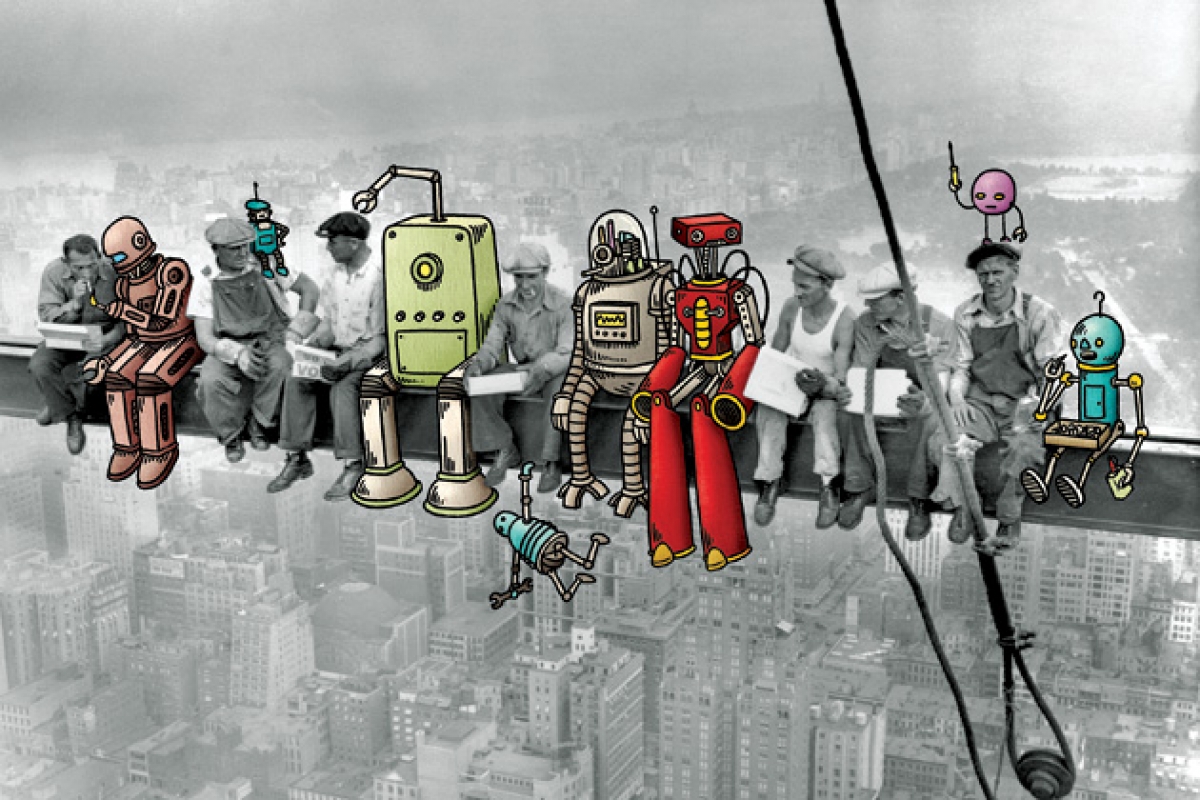




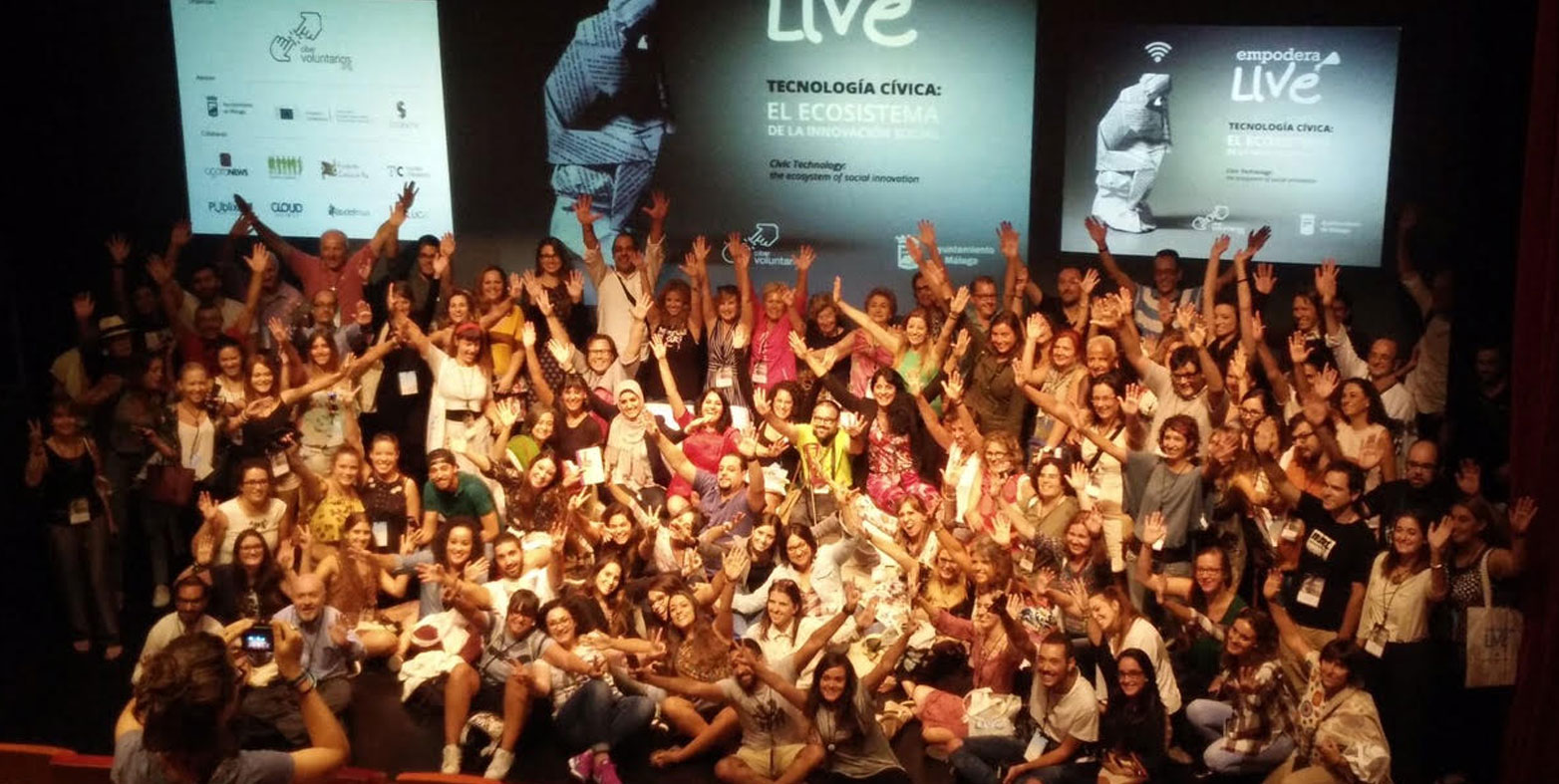

 She described how successful the project has been in Palestine and says “after improving the model in Palestine, I want to help more women and youth in the MENA region to be connected with job opportunities around the world.”
She described how successful the project has been in Palestine and says “after improving the model in Palestine, I want to help more women and youth in the MENA region to be connected with job opportunities around the world.”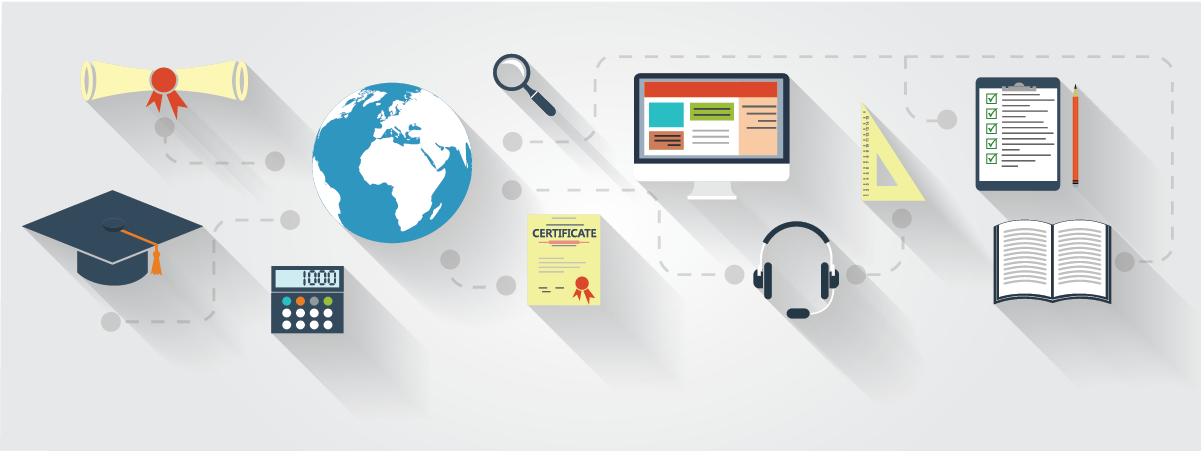
 This rule played an important role in my small journey as a translator so far. You can market yourself as much as you can, you can shout from the rooftops: “I am the best, hire me!” but unless you have others’ support and the positive word-of-mouth working for you and your services, you will not go very far.Try also to master a third or a fourth language.
This rule played an important role in my small journey as a translator so far. You can market yourself as much as you can, you can shout from the rooftops: “I am the best, hire me!” but unless you have others’ support and the positive word-of-mouth working for you and your services, you will not go very far.Try also to master a third or a fourth language. 



 ” MENA Alliances has provided quality work to help design and develop our website, and they are very reactive when needed. We are happy and proud to work with a company created by Palestinian women. “
” MENA Alliances has provided quality work to help design and develop our website, and they are very reactive when needed. We are happy and proud to work with a company created by Palestinian women. “


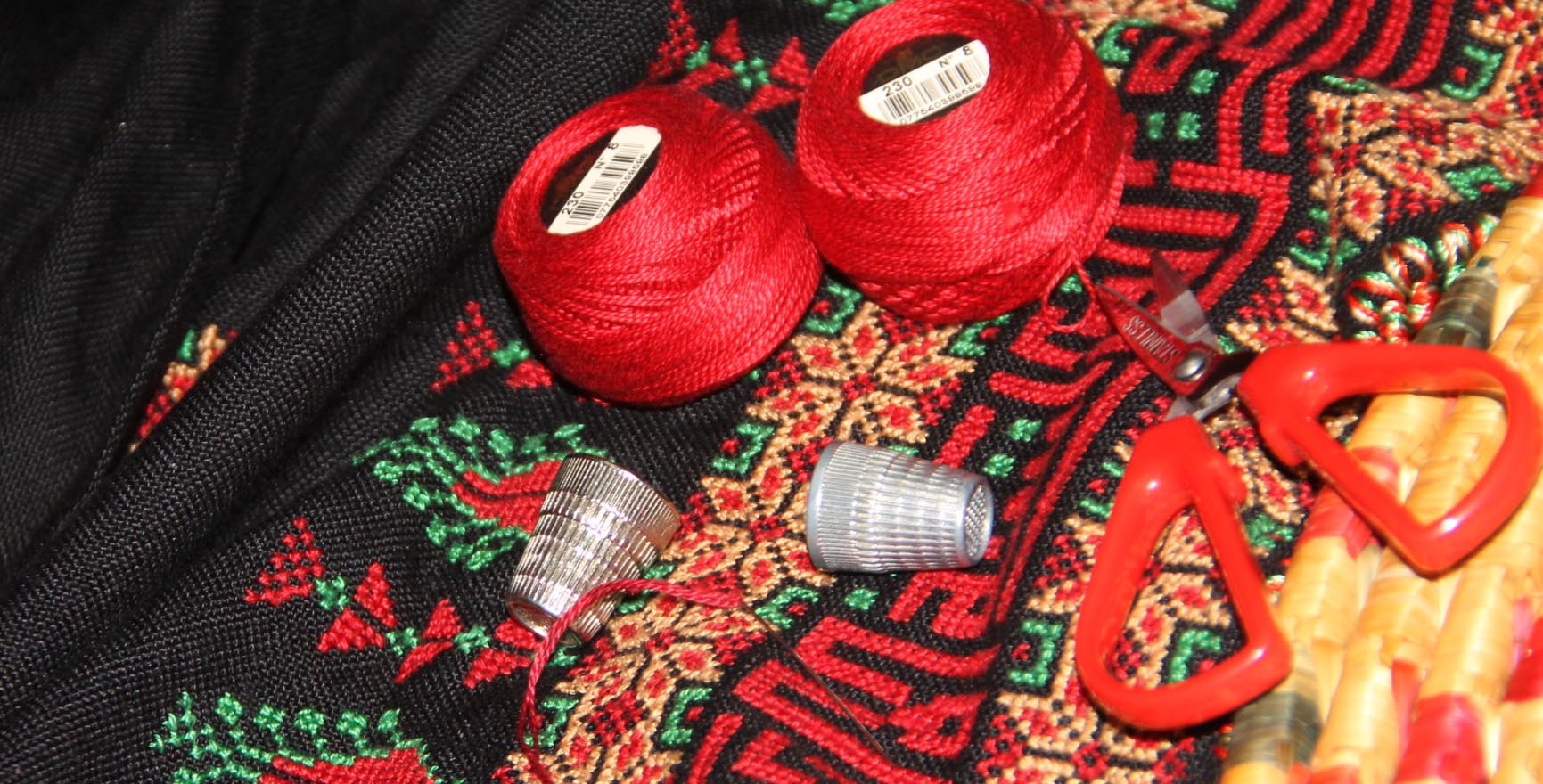


 staff of women who are empathetic to the challenges of refugee women/marginalized peoples
staff of women who are empathetic to the challenges of refugee women/marginalized peoples
 To promote the social impact of lamsat Ummi project, MENA Alliances Group enabled….
To promote the social impact of lamsat Ummi project, MENA Alliances Group enabled….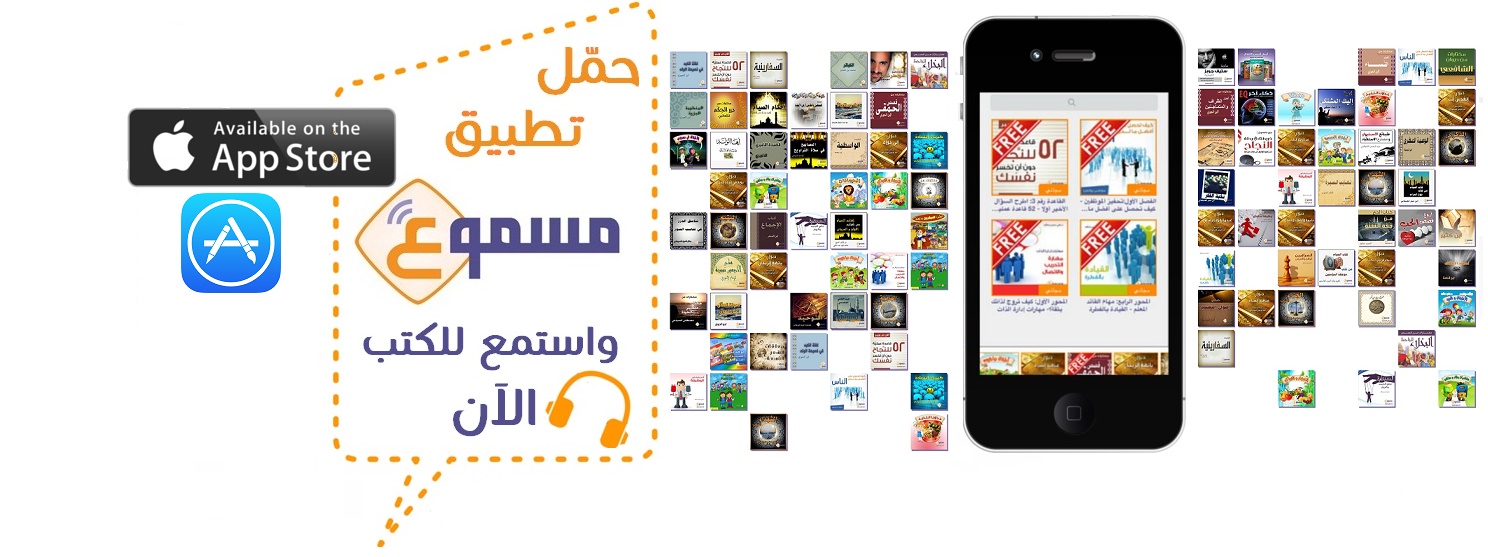








 business innovations to small, medium and large organizations with a positive social impact. Its goal through the provided services of training, social media, web design, translation and localization, as well as IT development is to enrich the lives of people and improve the efficiency of organizations by building service alliances and filling service needs around the world.
business innovations to small, medium and large organizations with a positive social impact. Its goal through the provided services of training, social media, web design, translation and localization, as well as IT development is to enrich the lives of people and improve the efficiency of organizations by building service alliances and filling service needs around the world.